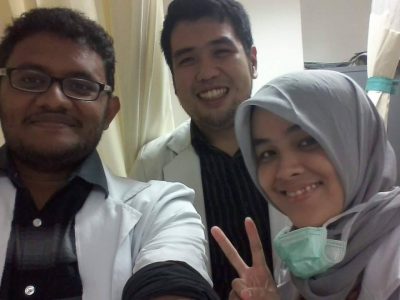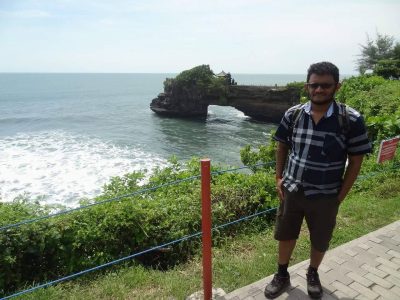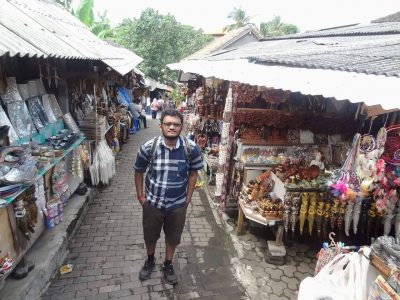GEMx Elective Reflections – Student Exchange from Penang Medical College, Malaysia to University of Gadjah Mada, Indonesia
Filed under: GEMx Global Network, GEMx Student Reflections
Post by Thaneswaran Jeyakrishnan, Medical Student at Penang Medical College (Malaysia) who completed a GEMx Elective at Gadjah Mada University (Indonesia)



Tags: Penang Medical College, Universitas Gadjah Mada

